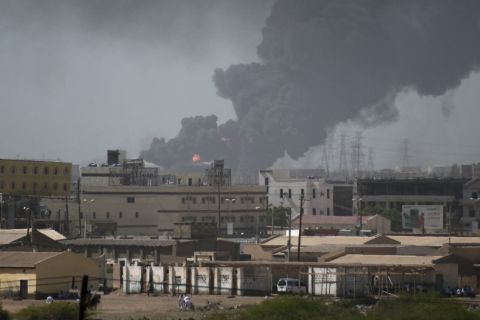The Jordanian real estate market continues to decline at a minimal rate with some sectors of the market showing signs of rents and values stabilising, while sales activity remains flat, according to leading regional and international real estate services firm Asteco.
“Residential leasing is more active than sales, with demand for smaller-sized one to two-bedroom properties in Abdoun, Sweifieh and Der Ghabar - particularly from non-Jordanians working in Amman. The number of Jordanians returning to Jordan from the GCC has not impacted the rental market as expected,” says Asteco in its report on the Jordanian property market for the first quarter of 2010 published today (21 April 2010).
“Property sales have remained relatively flat in the last few months, with limited transaction activity. Many of the high-rise tower projects under design have been put on hold until confidence in the market returns and the cost of raw materials is reduced. Interest remains healthy for smaller units with some of the major banks announcing improved mortgage facilities.
“Sales activity has been relatively flat over the last three months for all property types. However, new mortgage terms recently introduced by banks are expected to aid the real estate market to a degree,” the report adds.
In the office sector, the rental market continues to decrease, albeit at a slower rate than in the previous quarter, says Asteco. “Mecca Street remains one of the most important areas in terms of the office rental market due to the superior grade of buildings available, location and reduced rents.”
Asteco expects rental rates to continue to fall slightly due to businesses slowing down, companies downsizing and relocating to smaller offices.
Commenting on the office sector, Asteco CEO Elaine Jones said: “Landlords need to be competitive not by simply reducing rental rates but by offering value added services and incentives such as rent-free periods and properly managed buildings to ensure longevity of tenants.”
“The number of office properties for sale is limited in Jordan, with only a handful of properties available in areas such as Jordan Gate Tower, Emaar Tower and the Al Abdali area,” the report says. “Activity in the commercial market has, therefore, been seen primarily in the leasing market. Some of the larger Jordanian companies are interested in purchasing buildings to house their head office. However, with the uncertainty in the market, plans for expansion and the possession of assets have been put on the back-burner until market sentiment changes.
“Those tower projects which are for sale are not attracting corporations, particularly banking institutions, as they tend to retain their own land and build to occupy as their corporate head offices. Low-rise properties in the Al Abdali area are expected to launch this year and are likely to offer attractive pricing levels to stimulate opportunities for investors.
“Progress is being made with the Development Zones Commission recently sealing a number of agreements with Arab and foreign investors who expressed interest in investing in Jordan’s development zones. In addition, efforts are being made to promote the country’s six development areas.”








